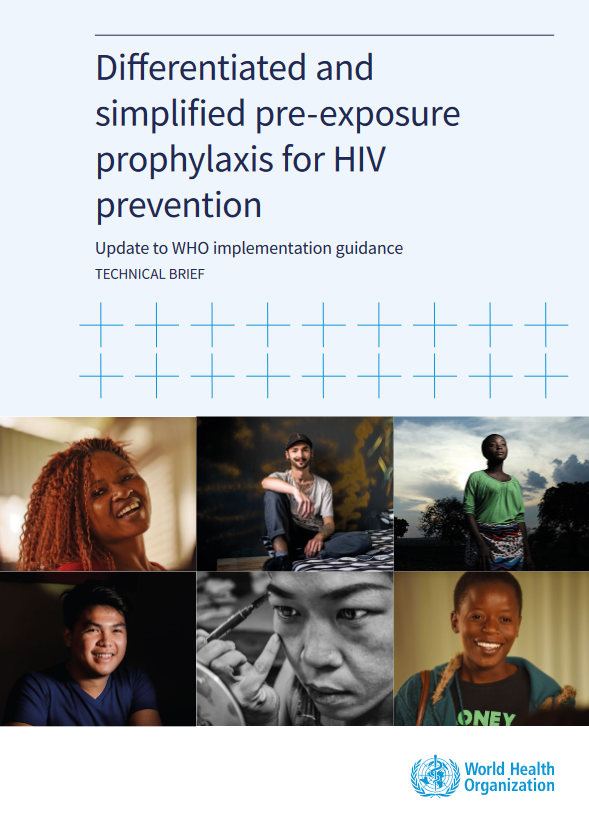2022 WHO Guidance on Differentiated and Simplified PrEP for HIV Prevention
Analysis of evidentiary value
The World Health Organization (WHO) is the UN’s directing and coordinating authority for health. WHO’s Secretariat serves the organisation’s 194 Member States by implementing the resolutions and decisions of the World Health Assembly through its global and regional headquarters as well as its 150 country offices. The WHO Secretariat derives normative authority from its expertise and political neutrality. It is a widely respected public health authority in the UN system and beyond. Its guidelines and technical reports are authoritative sources of evidence.
Used as precedent
key population and community leadership, positive legal determinants
“To scale up peer-led models, structural and legal barriers to access PrEP and other health services by key populations must be addressed. Equally important is the endorsement of key population-led services in national guidelines, establishment of systems to accredit the services, funding and integration into national health systems.” (p. 23)
harm reduction, key population and community leadership
“A review of PrEP delivery for people who inject drugs found that integrated PrEP services with comprehensive community-based harm reduction programmes are likely to be most effective in reaching people who inject drugs, and harm reduction services are key to increasing awareness of and linkage to PrEP services.” (p. 24)
universal health coverage
“Increasing PrEP coverage among sexually active individuals has the potential to avert nearly half of new HIV infections over 20 years; community-based PrEP implementation using HIVST could be an effective strategy for scaling up PrEP.” (p. 33)
